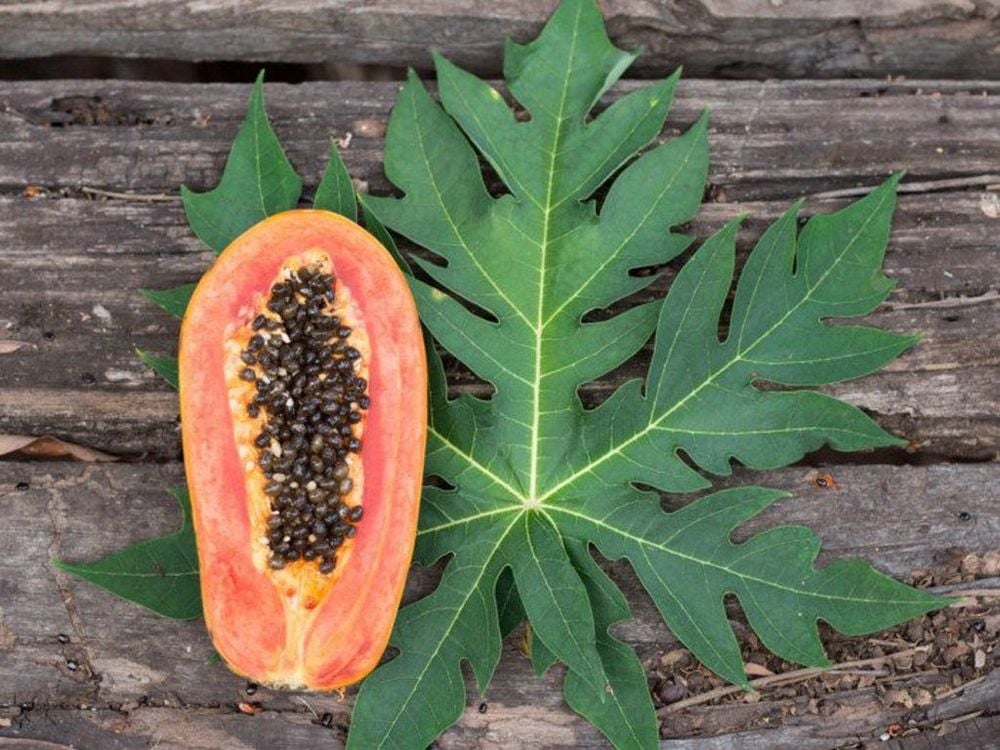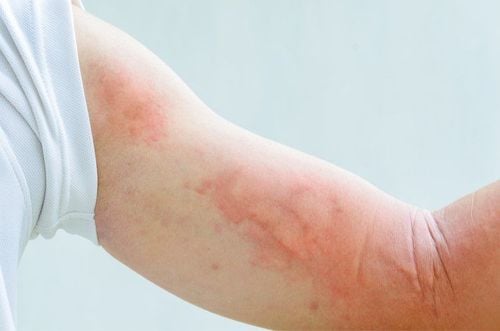Papaya is a tropical fruit known for several health benefits. One claim is that papaya may help bring low platelet counts back to normal. This article will help you understand if eating papaya can raise your platelet levels.
1. What is Low Platelet Count?
Platelets are blood cells that help clotting. When your platelet count is low, you may feel tired, bruise easily, or have bleeding gums. Low platelet count is also called thrombocytopenia.
Several conditions can cause low platelet count, such as infections, leukemia, cancer treatments, alcohol abuse, cirrhosis, an enlarged spleen, sepsis, autoimmune diseases, and certain medications. If a blood test shows you have low platelets, it is important to work with your doctor to find the cause.
For mild cases, changing your diet and taking supplements might help increase platelets. But if your platelet count is very low, you may need medical treatment to avoid serious complications.
Vitamins, supplements, and herbs that claim to raise platelets are not monitored by the U.S. Food and Drug Administration. This means there are no strict rules on their quality or purity. Always talk with your doctor before trying these products to make sure they are safe for you.
Below are some tips on how to raise your platelet count naturally.
2. Foods That Increase and Decrease Platelet Count
2.1. Foods That May Increase Platelet Count
Certain vitamins and minerals can help your body make and keep enough platelets. While you can get these nutrients from supplements, it’s best to get them from food when possible. Remember, moderation in eating is key.
Vitamin B12:
Vitamin B12 helps keep blood cells healthy. Low B12 levels are linked to low platelets. Good sources of B12 are often from animal products like:
- Beef liver
- Clams
- Eggs
Though milk and cheese contain B12, some research shows that cow’s milk may interfere with platelet production.
Folate:
Folate is a B vitamin that helps maintain healthy blood cells. It is found naturally in certain foods and is added as folic acid in others. Foods that contain folate include:
- Peanuts
- Black-eyed peas
- Kidney beans
- Oranges and orange juice
Iron:
Iron is important for making healthy blood cells. A 2012 study found it could raise platelet counts in people with iron-deficiency anemia. Foods high in iron include:
- Mussels
- Pumpkin seeds
- Lentils
- Beef
If you have severe iron deficiency, your doctor may recommend iron supplements.
Vitamin C:
Vitamin C helps platelets work together and function well. It also helps you absorb iron, which can boost platelets. A recent small study showed that vitamin C supplements increased platelet counts in some patients. Foods rich in vitamin C include:
- Mango
- Pineapple
- Broccoli
- Green or red bell peppers
- Tomatoes
- Cauliflower
2.2. Supplements That May Increase Platelet Count
Papaya Leaf Extract:
A 2013 study found that papaya leaf extract greatly increased platelet counts in animals. More studies in humans are needed, but taking the recommended dose should be safe.

You can find papaya leaf extract in pill form at many health stores or online. Another study showed that papaya leaf juice may help increase platelet counts in dengue fever patients.
Bovine Colostrum:
Bovine colostrum is the first milk calves receive from their mothers. Some people take it as a supplement. Though research is limited, a non-official survey by the Platelet Disorder Support Association showed that some people felt their platelet count improved after taking it.
A 2017 study found that bovine colostrum contains proteins that may help activate platelets and support immune response.
Chlorophyll:
Chlorophyll is the green pigment in plants that helps them use sunlight. Some people with low platelet counts say chlorophyll supplements help reduce symptoms like fatigue. However, there are no clinical studies to confirm this.
Melatonin:
Your body makes melatonin naturally, and you can also find it in supplements. While it is commonly used to improve sleep, some small studies suggest melatonin might raise platelet counts. More research is needed to understand its effects on platelets.
2.3. Foods That May Lower Platelet Count
While some foods help boost platelets, others may lower them. These include:
- Quinine (found in tonic water)
- Alcohol
- Cranberry juice
- Cow’s milk
- Sesame oil

3. Does Eating Papaya Increase Platelet Count?
Low platelet count can occur with many diseases. A normal platelet count ranges from about 150,000 to 450,000 platelets per microliter of blood. Simple lifestyle changes can help raise platelet levels, such as eating homemade meals, getting enough vitamins, and adding minerals like iron and zinc.
For people with low platelets, one of the best natural remedies is eating papaya. Both ripe papaya fruit and papaya leaf extract can help increase platelet count. Researchers at the Asian Institute of Science and Technology in Malaysia found that papaya leaf extract effectively raised platelet levels in dengue fever patients.
Besides papaya, other foods may also help increase platelet count:
- Pomegranate: High in iron, it helps restore platelet counts quickly.
- Meat and fish: Protein-rich foods like lean meat and fish contain vitamin B12 and zinc, which help maintain platelets.
- Beetroot and carrot juice: Rich in iron and minerals, they support healthy platelet counts.
- Wheatgrass: Known as a “superfood,” fresh wheatgrass juice can raise platelet counts as well as red and white blood cells.
- Vitamin C-rich foods: Include guavas, black currants, red peppers, kiwis, oranges, strawberries, pineapples, peas, mangoes, grapefruit, and broccoli. They all help increase platelet levels.
- Pumpkin: A good source of vitamins A and C to help produce platelets and improve protein regulation, which helps increase platelet count.
- Leafy green vegetables: Spinach, kale, and fenugreek leaves are cheap and effective sources of vitamin K for people with low platelets, especially in dengue fever.
- Indian Gooseberry (Amla): Eating 3-4 amla on an empty stomach can help raise platelets. Amla juice can also boost the immune system.
- Raisins: Rich in iron, raisins improve both red and platelet counts.

- Coconut oil: Full of healthy fats and nutrients, coconut oil can be added to salads and used for cooking to help raise platelet levels.
- Vitamin B12-rich foods: Milk, cheese, eggs, poultry, and others can help increase platelet counts and boost the immune system.
- Folate-rich foods: Oranges, peanuts, kidney beans, and black-eyed peas can all raise platelet counts in those with low platelets.
In short, certain foods and supplements can help raise your platelet count. Papaya, in particular, is an effective natural option. It’s also easy to find and popular in many countries. Besides papaya, consuming foods rich in vitamin C, folate, or iron can also help increase platelet levels.
Keep visiting the Vinmec website (www.vinmec.com) for more health tips, and leave your information if you need to consult a doctor!
Please dial HOTLINE for more information or register for an appointment HERE. Download MyVinmec app to make appointments faster and to manage your bookings easily.
References: healthline.com, medicalnewstoday.com, pathkindlabs.com












